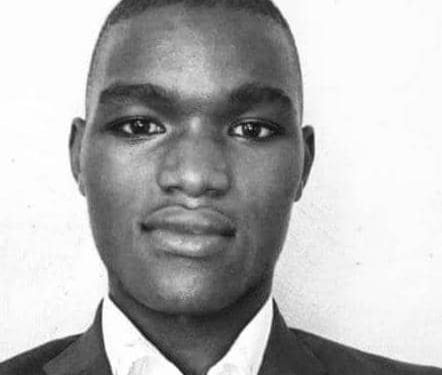By CHIMPREPORTS
By Richard Bard Byamukama
Although Uganda is currently facing challenges in its foreign policy due to the recently enacted Anti Homo-sexuality Act that criminalizes same sex and transgender, Uganda’s role in regional affairs has been and has shaped to remain vital in regards to peace formations and nation building.
In a recent statement, the US government has emphasized the decisions taken in response to Uganda’s Ant Homosexuality Act and persistent human rights abuses. These include Expanded visa restrictions for Ugandan government officials, withdrawal from AGOA, reduction in direct government funding impacting defense and PEPFAR, business advisory issued on October 23rd 2023highlighting increased risks, travel advisory warning US citizens, advocacy for World Bank safeguards and the most recent sanctions imposed on the Uganda Prison’s boss Johnson Byabashaija.
Since coming to power in 1986, Ugandan President Yoweri Museveni and his political party, the National Resistance Movement (NRM), have played a strong role in the East African political landscape. President Museveni has relied on his reputation and on the nation’s armed forces to exert influence and peace proceedings in neighboring countries
During the 37 years of his rule, President Museveni has established himself and has been perceived internationally as foremost in a group of African heads of state characterized as a “new breed” of leaders. He has been praised, particularly in Washington, for his leadership in the fight against HIV/AIDS, for returning to the Asian community property that had been confiscated under Amin, for his adoption of World Bank recommended economic reforms, and for restoring stability in Northern Uganda
Uganda’s foreign policy, including Pan-Africanism and the quest for East African integration, are uniquely tied to Museveni and his political trajectory. Others, including economic interests, regional stability, and leverage with key allies, are also driven by Museveni but are likely to continue as priorities regardless of who Museveni’s eventual successor is
Pan-Africanism, has been a key strand in Museveni’s political philosophy since his studies in Tanza¬nia in the 1970s, and continues to influence his vision for East Africa. Uganda’s Pan-Africanist philosophy was evi¬dent in its country’s financial and political support to African national liberation movements in Sudan, Rwanda, and the DRC
Uganda’s willingness to deploy its large and comparatively well-trained army regionally has also earned the nation respect in the region and the West. Uganda analysts like Andrew Mwenda have documented how Uganda has continued to receive significant military aid because it is perceived to be playing an important role in combating terrorism, in particular with its sizable contributions to the African Union Mission in Somalia (AMISOM).
In using war against terrorism rhetoric to describe his enemies, Museveni has philosophically aligned some of Uganda’s military campaigns with the West’s priorities, particularly those of the United States
Working with meager resources, Uganda was the first country to venture into fragmented Somalia in 2007, in close collaboration with the United States and Ethiopia. Uganda contributed the most troops for AMISOM at the time and took the lead by acting as mission coor¬dinator
UPDF deployments to regional peacekeeping missions have further strengthened the capacity of the force as troops receive specialized pre-deployment training that far exceeds the basic training for enlisted.
In the aftermath of the 2007 violent Kenyan elections, President Yoweri Museveni met embattled Kenyan leader Mwai Kibaki and the country’s main opposition leader Raila Odinga, in efforts to quell a polls dispute that has left hundreds of people dead. Museveni arrived hours ahead of former UN Secretary General Kofi Annan, who was also due to meet the warring sides to push for direct negotiations. President Museveni is highly credited for mediating the power sharing agreement between the two conflicting sides.
In South Sudan, after the outbreak of civil conflict in December 2013 between the Nuer and the Dinka, President Museveni and the Ugandan government were highly inclined and well positioned to intervene quickly by deploying the UPDF. The most concrete and immediate drivers of the intervention were the protection of Ugandan citizens and Ugandan economic, and the desire to counterbalance Sudan’s influence and to assert its role as regional heavy weight in peace formation.
Byamukama Richard Bard is a lawyer and also a Student of Security and Strategic Studies.









Discussion about this post